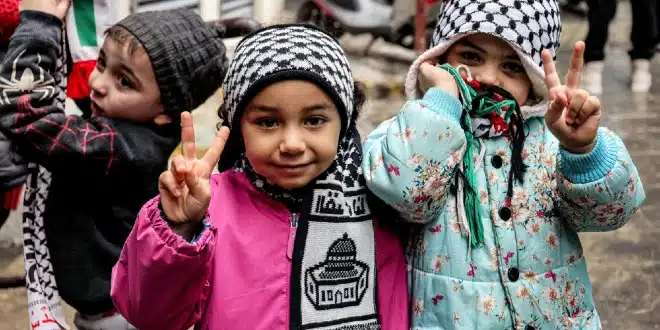Fakhria al-Ali, a 50-year-old resident of the Beddawi Palestinian refugee camp in northern Lebanon, relies on the UN agency for Palestinian refugees (UNRWA) for her breast cancer treatment. Her situation has become dire following the suspension of funding from major donor countries due to allegations against UNRWA staff members. Established in 1949, UNRWA supports Palestinians displaced by the 1948 conflict surrounding Israel’s establishment and their descendants.
The agency recently faced accusations from Israel that 12 of its staff were implicated in a Hamas attack on October 7, leading over a dozen countries, including the US and UK, to halt their financial support after UNRWA dismissed those accused.
UNRWA serves approximately 5.9 million Palestinians across Jordan, Lebanon, Syria, the Gaza Strip, and the West Bank, including East Jerusalem, offering health care and social services. Lebanon hosts about 250,000 Palestinian refugees, with a significant portion reliant on UNRWA for assistance.
The potential cut-off of UNRWA’s services due to the funding suspension threatens dire outcomes for the refugee population, especially for those in need of medical care like Ali, who fears for her life and the lives of others in similar situations.
Dorothee Klaus, UNRWA’s director in Lebanon, highlighted the critical role of the agency in providing education, health care, and financial assistance to the refugees, especially amidst Lebanon’s severe economic crisis. With the current funding pause, essential services such as cancer treatment for around 600 patients and support for over 50,000 hospital patients are at risk.
The situation is particularly grim for the 23,000 Palestinian refugees from Syria residing in Lebanon, as well as for the broader refugee community facing poverty and limited employment opportunities due to legal restrictions in Lebanon.
The suspension of UNRWA’s funding is seen by many in the refugee community as an existential threat, further exacerbating their already precarious living conditions and limiting their children’s educational opportunities. The decision has sparked fears of increased poverty and displacement among Palestinian refugees in Lebanon, who call for the restoration of their rights and homeland.


